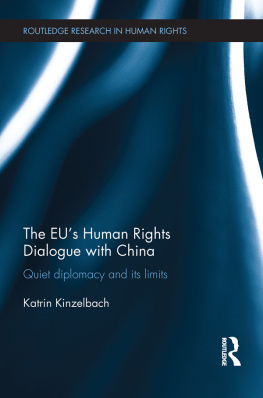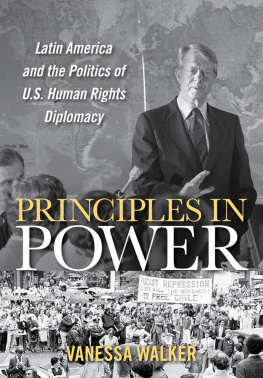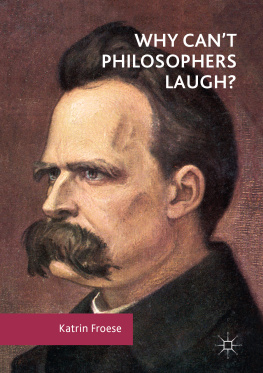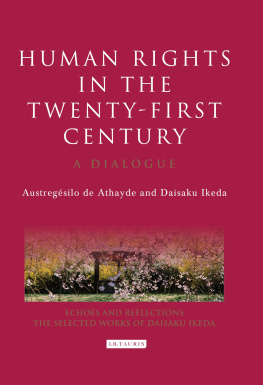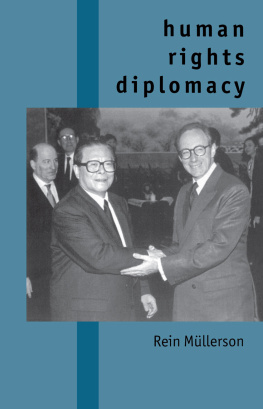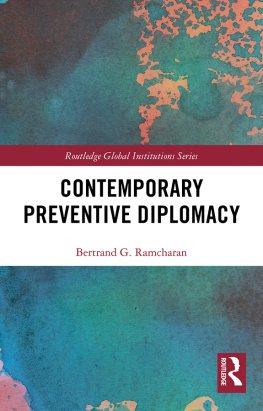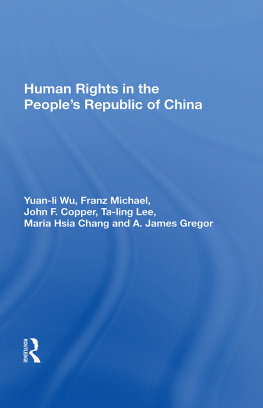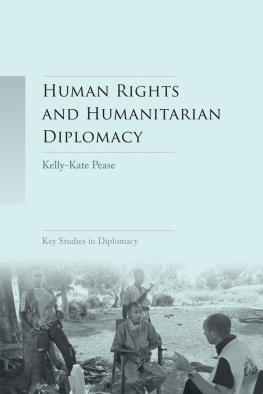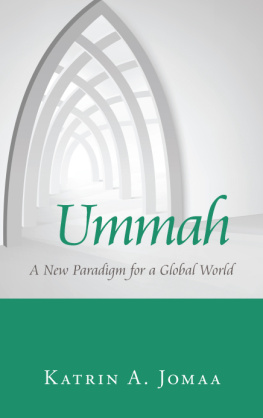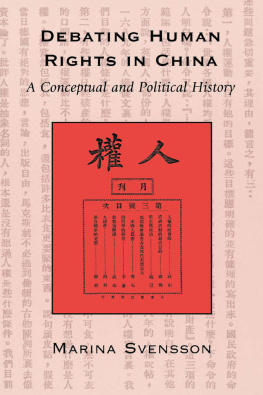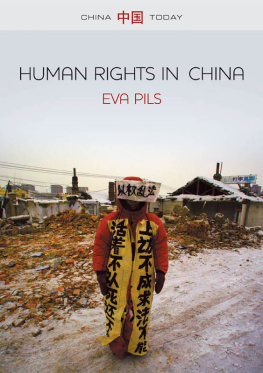Katrin Kinzelbach - The Eus Human Rights Dialogue With China: Quiet Diplomacy and Its Limits
Here you can read online Katrin Kinzelbach - The Eus Human Rights Dialogue With China: Quiet Diplomacy and Its Limits full text of the book (entire story) in english for free. Download pdf and epub, get meaning, cover and reviews about this ebook. year: 2013, publisher: Routledge, genre: Romance novel. Description of the work, (preface) as well as reviews are available. Best literature library LitArk.com created for fans of good reading and offers a wide selection of genres:
Romance novel
Science fiction
Adventure
Detective
Science
History
Home and family
Prose
Art
Politics
Computer
Non-fiction
Religion
Business
Children
Humor
Choose a favorite category and find really read worthwhile books. Enjoy immersion in the world of imagination, feel the emotions of the characters or learn something new for yourself, make an fascinating discovery.
- Book:The Eus Human Rights Dialogue With China: Quiet Diplomacy and Its Limits
- Author:
- Publisher:Routledge
- Genre:
- Year:2013
- Rating:5 / 5
- Favourites:Add to favourites
- Your mark:
- 100
- 1
- 2
- 3
- 4
- 5
The Eus Human Rights Dialogue With China: Quiet Diplomacy and Its Limits: summary, description and annotation
We offer to read an annotation, description, summary or preface (depends on what the author of the book "The Eus Human Rights Dialogue With China: Quiet Diplomacy and Its Limits" wrote himself). If you haven't found the necessary information about the book — write in the comments, we will try to find it.
The Eus Human Rights Dialogue With China: Quiet Diplomacy and Its Limits — read online for free the complete book (whole text) full work
Below is the text of the book, divided by pages. System saving the place of the last page read, allows you to conveniently read the book "The Eus Human Rights Dialogue With China: Quiet Diplomacy and Its Limits" online for free, without having to search again every time where you left off. Put a bookmark, and you can go to the page where you finished reading at any time.
Font size:
Interval:
Bookmark:
| 1 | Human Rights and US Foreign Policy Jan Hancock |
| 2 | Human Rights and Foreign Aid For love or money? Bethany Barratt |
| 3 | Child Hunger and Human Rights International governance Clair Apodaca |
| 4 | Sex Trafficking, Human Rights and Social Justice Edited by Tiantian Zheng |
| 5 | Human Rights, Power and Civic Action Comparative analyses of struggles for rights in developing societies Edited by Brd A. Andreassen and Gordon Crawford |
| 6 | Human Rights and the Hollow State Helen J. Delfeld |
| 7 | The EUs Human Rights Dialogue with China Quiet diplomacy and its limits Katrin Kinzelbach |

by Routledge
2 Park Square, Milton Park, Abingdon, Oxon OX14 4RN
711 Third Avenue, New York, NY 10017
A catalogue record for this book is available from the British Library
Kinzelbach, Katrin.
The EUs human rights dialogue with China: quiet diplomacy and its
limits/Katrin Kinzelbach.
pages cm. (Routledge research in human rights; 7)
Includes bibliographical references and index.
1. European Union countriesForeign relationsChina. 2. China
Foreign relationsEuropean Union countries. 3. Human rightsChina.
Font size:
Interval:
Bookmark:
Similar books «The Eus Human Rights Dialogue With China: Quiet Diplomacy and Its Limits»
Look at similar books to The Eus Human Rights Dialogue With China: Quiet Diplomacy and Its Limits. We have selected literature similar in name and meaning in the hope of providing readers with more options to find new, interesting, not yet read works.
Discussion, reviews of the book The Eus Human Rights Dialogue With China: Quiet Diplomacy and Its Limits and just readers' own opinions. Leave your comments, write what you think about the work, its meaning or the main characters. Specify what exactly you liked and what you didn't like, and why you think so.

